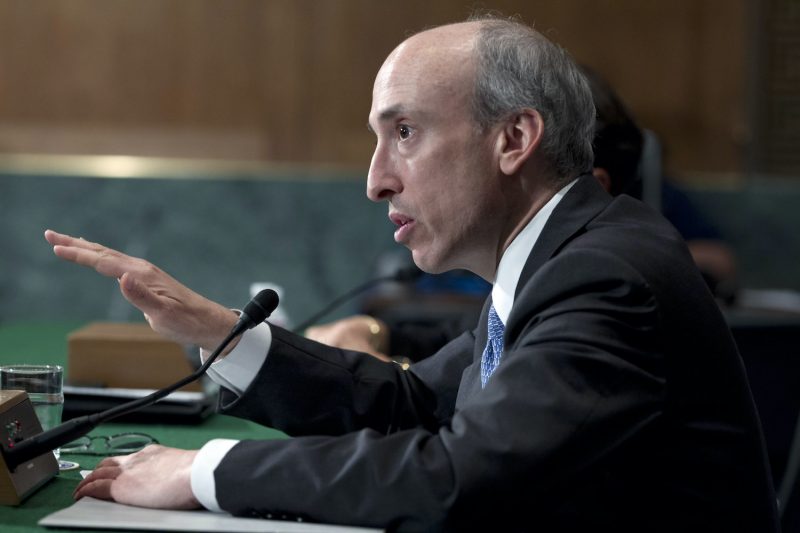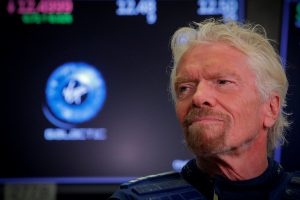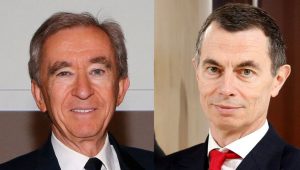(ATF) The US Securities and Exchange Commission warned investors on Wednesday March 10 about special purpose acquisition companies (SPACs) that are endorsed by celebrities, as Biden nominee Gary Gensler was approved to head the agency by the Senate banking committee.
Gensler will still need a full Senate vote to become the next SEC chairman, but that is now effectively a formality after his banking committee approval.
He is expected to explore tighter scrutiny for the SPAC market – along with the recent explosion in online retail investing – and the agency Gensler will run launched a warning about some recent SPAC structures on Wednesday.
“Celebrity involvement in a SPAC does not mean that the investment in a particular SPAC or SPACs generally is appropriate for all investors. Celebrities, like anyone else, can be lured into participating in a risky investment or may be better able to sustain the risk of loss. It is never a good idea to invest in a SPAC just because someone famous sponsors or invests in it or says it is a good investment,” the SEC said in a note to investors.
The SPAC market continues to see break-neck issuance of new deals, with more than $70 billion of issuance already this year, which is not far from the record $83 billion seen last year and leaves roughly $150 billion of capital looking for acquisitions.
A host of athletes including Colin Kaepernick, Shaquille O’Neal, Alex Rodriguez and Serena Williams are now involved in marketing SPACs, alongside well known investors such as Chamath Palihapitiya or Michael Klein.
Volatility in prices
There has been a significant increase in the volatility of SPAC prices in recent weeks, after a trend of surging prices despite no confirmation of acquisitions was partly reversed and some vehicles sold off sharply when details of deals were announced.
Concerns about the risks of different disclosure rules for companies that merge with a SPAC compared to pursuing a traditional IPO route to a public market listing are also prompting regulatory action.
“The rapid increase in the volume of SPACs represents a significant change and we are taking a hard look at the disclosures and other structural issues surrounding SPACs,” John Coates, acting director of the SEC’s division of corporation finance, said in a separate release on Wednesday March 10.
There is no sign of a let-up in deals, however. It also emerged on Wednesday that Francois Pinault, the French billionaire who founded Kering, is backing a SPAC set up by former Credit Suisse CEO Tidjane Thiam.
It comes after fellow French billionaire Bernard Arnault – Europe’s richest person and the founder of luxury conglomerate LVMH, Kering’s biggest rival – invested in a SPAC targeting financial deals, along with former Unicredit boss Jean Pierre Mustier.
Thiam, who is a Kering board member, is raising a $250 million SPAC to invest in financial services businesses.
Kering is now run by Francois Pinault’s son, Francois-Henri Pinault.
Grab, the Asian ride-hailing and delivery firm, is among a series of fast-growing companies in the region that are also believed to be exploring SPAC deals, while also considering traditional IPOs as a listing option.
Another SPAC deal of up to $500 million was also announced on Tuesday by Virgin founder Richard Branson.






















